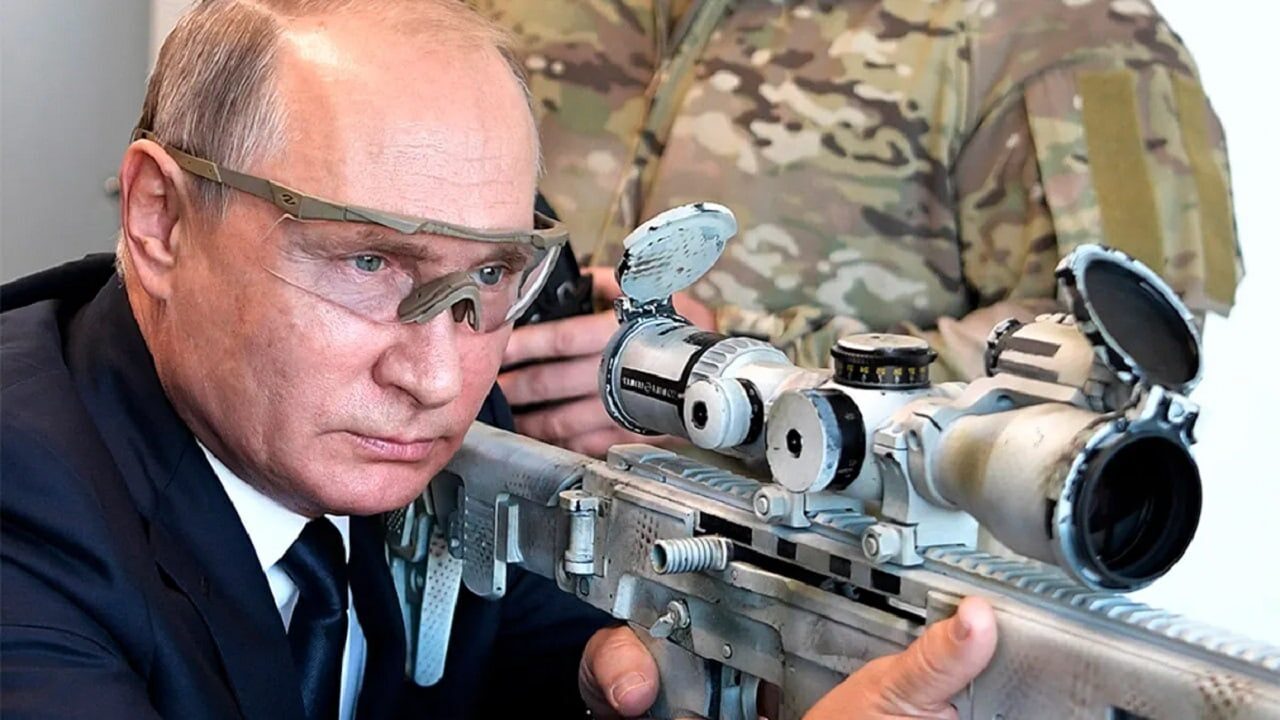At least Raskolnikov had a guilty conscience. Whether contemporary Russians do, too, remains unclear.
Fyodor Dostoevsky’s tormented hero believed his extraordinary qualities permitted him to commit murder. After killing two women, he felt impelled to revisit the scene of his crime, eventually broke down and confessed his guilt, and finally found redemption in prison.
The story could be an allegory for what awaits Russians today.
Like Raskolnikov, some Russians have been directly complicit in the crimes Vladimir Putin committed against his own people and other nations. They cheered him on as he devastated Chechnya, invaded Georgia in 2008 and Ukraine in 2014, and they still cheer him on as he commits genocide and ethnic cleansing in Ukraine today.
The majority has been blind to the crimes, preferring to revel in the feelings of greatness that Putin engendered. Putin’s popularity has hovered in the 60-90 percent range for the last two decades, even as he systematically dismantled Russia’s nascent democratic institutions, muzzled the press, silenced the opposition, killed his political opponents, extended his control over the economy, promoted corruption, surrounded himself with toadies from the army and secret police, and transformed Russia into some version of an authoritarian, totalitarian, or fascist state.
Although many Russians have taken to the streets in protests in the past and many continue to do so in the present, the silent majority has been and remains as largely indifferent to Putin’s misdeeds as it is overwhelmingly supportive of Joseph Stalin and his legacy. Germans began turning their back on Adolf Hitler immediately after World War II and they decisively broke with him sometime in the late 1960s, roughly 25 years after the end of the war. Since then, the German government and civil society have done everything possible to prevent that hateful legacy from reemerging.
In contrast, Russian attitudes toward Stalin remain positive, even 69 years after his death and 30 years after the collapse of the Soviet Union. More disturbing, Putin has consciously adopted Stalin’s mantle, insisted that today’s Russia is a continuation of the USSR and imperial Russia, and, instead of facing opprobrium, has actually garnered still greater popular support.
Unlike Raskolnikov, who felt guilt and obsessed about his crimes, most Russians prefer to remain blissfully unaware of the awful weight of Lenin’s predations, Stalin’s mass murders, Brezhnev’s repressions, and Putin’s assassinations and war crimes. Russians cannot very well claim not to have known of the crimes—as many Germans did regarding the death camps—because there has been an explosion of histories, journalistic accounts, television programs, and memoirs dealing with the Soviet Union’s misdeeds. And, until Putin’s recently imposed blackout on news in Russia, there were ample sources on Putin’s dictatorial rule. Russians only had to look, but they chose not to.
That doesn’t make them legally guilty for Putin’s or Stalin’s criminal actions. There is, after all, no such thing as collective guilt. But, like Raskolnikov, they should be tormented by guilty consciences and desirous of finding redemption. But, unlike Raskolnikov, they are not.
Their indifference does make them morally guilty. The millions of Ukrainians who are being driven from their homes, the many thousands who will die as a result of intentional Russian shelling of civilian targets (including kindergartens and maternity wards), and the many thousands of Russian and Ukrainian soldiers who will have perished for the maniacal ambitions of a dictator—all of them will be on the conscience of Russia’s silent majority.
When, if at all, will Russians wake up to the reality of their sins and seek forgiveness—from all their neighbors and from each other? Their adoration of Putin has already been tarnished by the huge losses the Russian army has incurred in the war against Ukraine. But their bizarre love of a warmongering dictator will start to dissipate with full force only after he is gone. Fortunately for the Russians, there is growing talk among Russian and Western elites of the necessity of a coup against Putin.
Since Putin has already transformed Russia into a prison, Russians will be able to seek redemption without being sent to prison. In any case, they would do well to reread Crime and Punishment and prepare accordingly.
Dr. Alexander Motyl is a professor of political science at Rutgers-Newark. A specialist on Ukraine, Russia, and the USSR, and on nationalism, revolutions, empires, and theory, he is the author of 10 books of nonfiction, including Pidsumky imperii (2009); Puti imperii (2004); Imperial Ends: The Decay, Collapse, and Revival of Empires (2001); Revolutions, Nations, Empires: Conceptual Limits and Theoretical Possibilities (1999); Dilemmas of Independence: Ukraine after Totalitarianism (1993); and The Turn to the Right: The Ideological Origins and Development of Ukrainian Nationalism, 1919–1929 (1980); the editor of 15 volumes, including The Encyclopedia of Nationalism (2000) and The Holodomor Reader (2012); and a contributor of dozens of articles to academic and policy journals, newspaper op-ed pages, and magazines. He also has a weekly blog, “Ukraine’s Orange Blues.”

